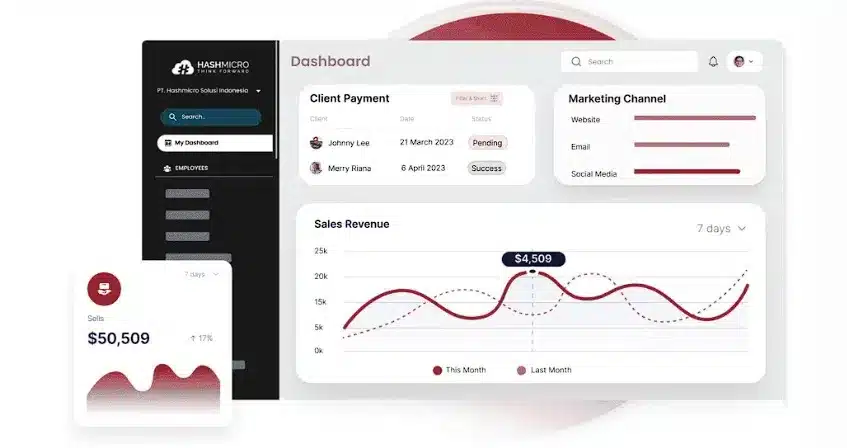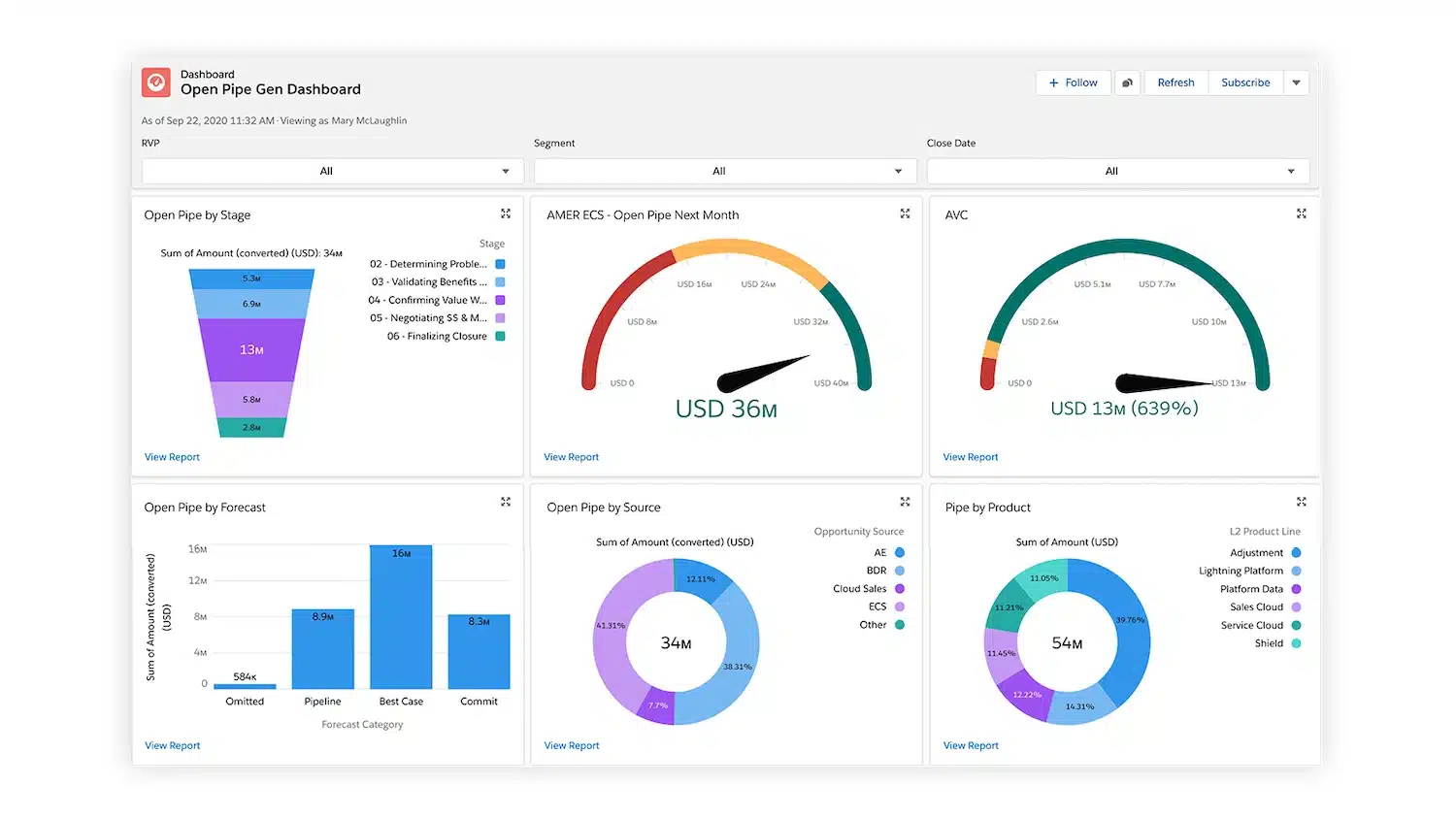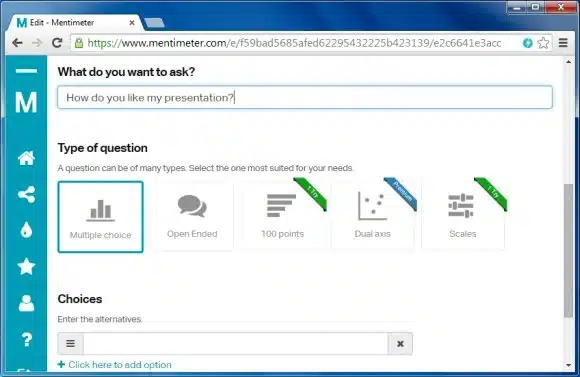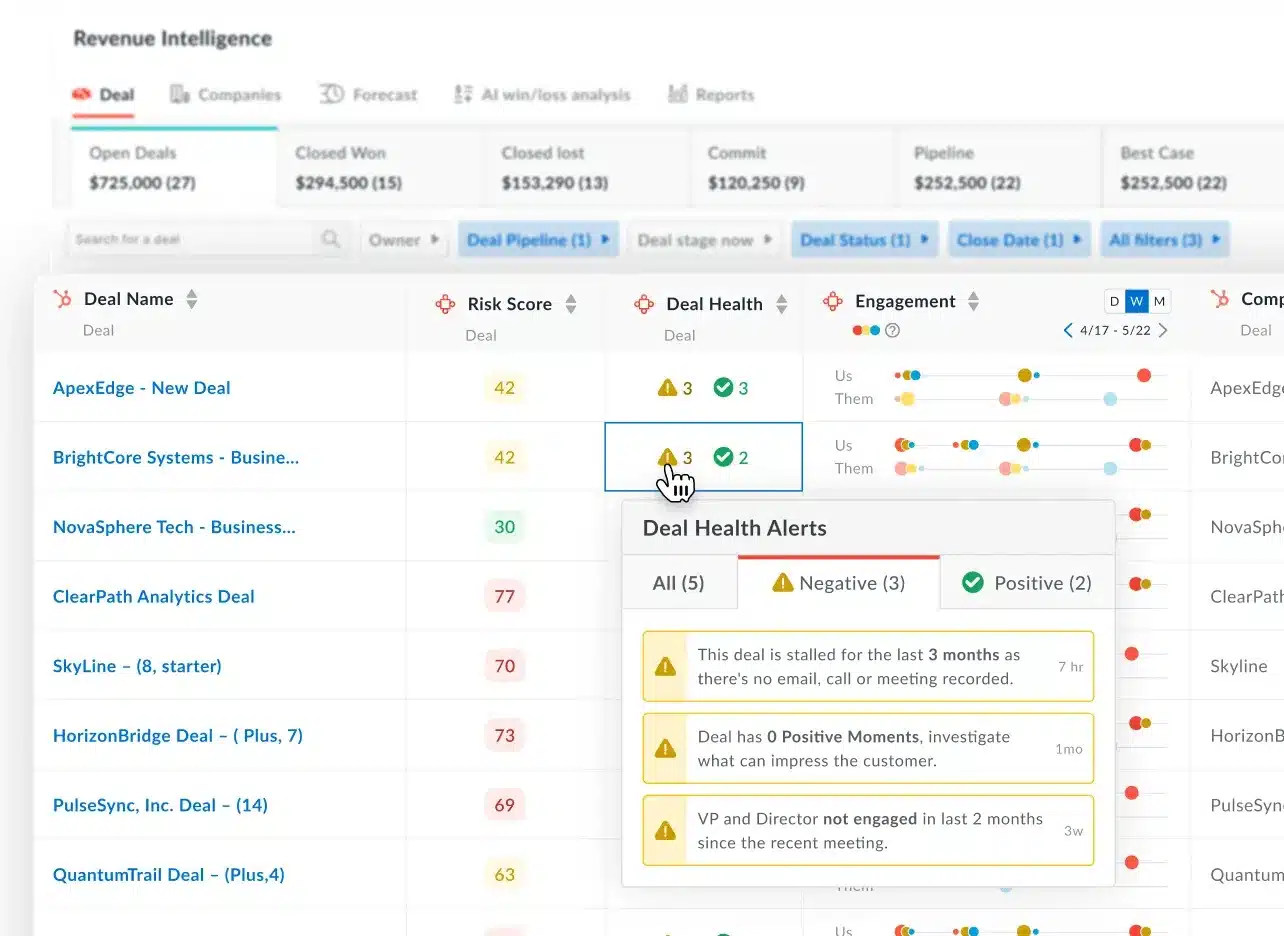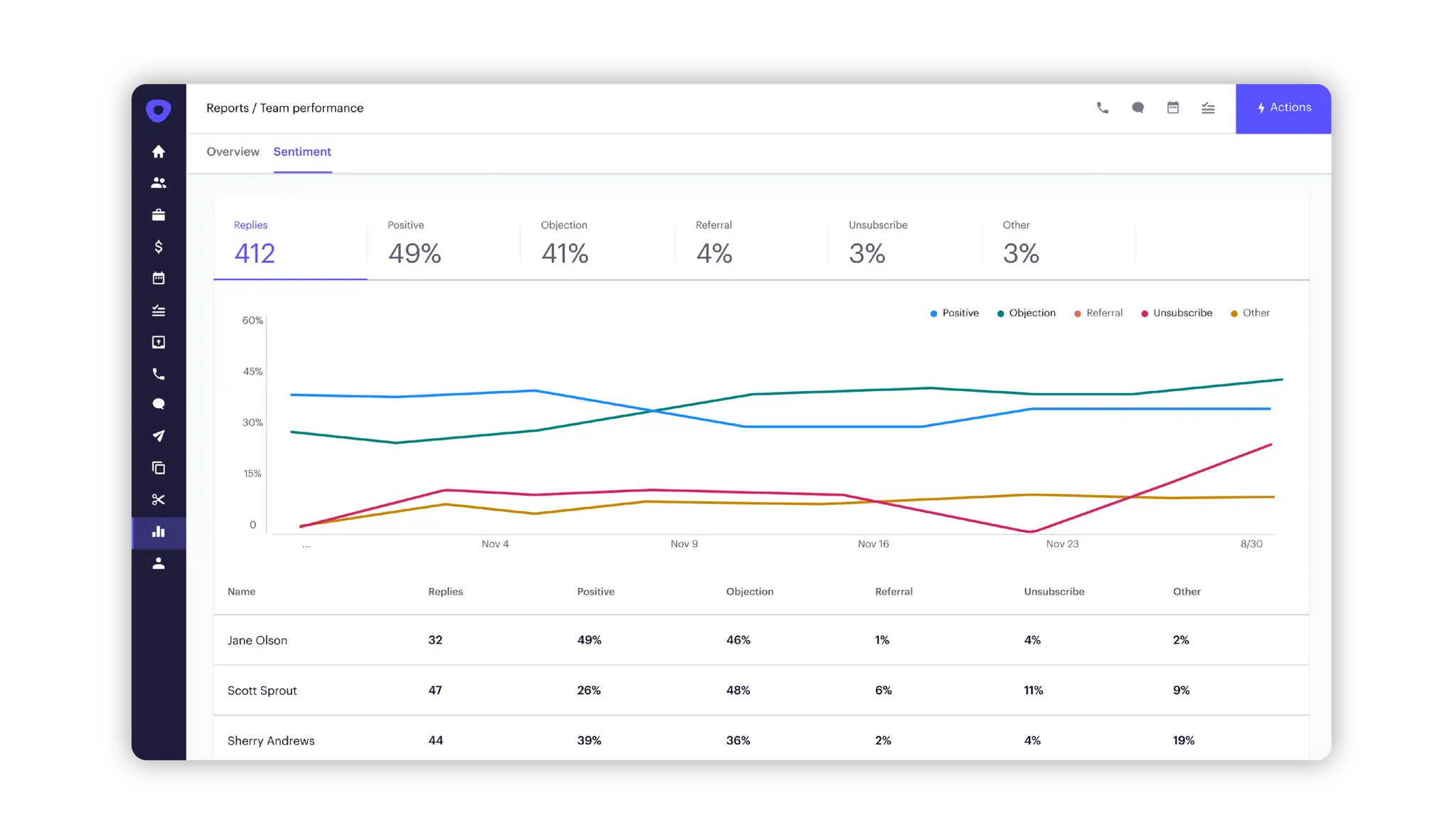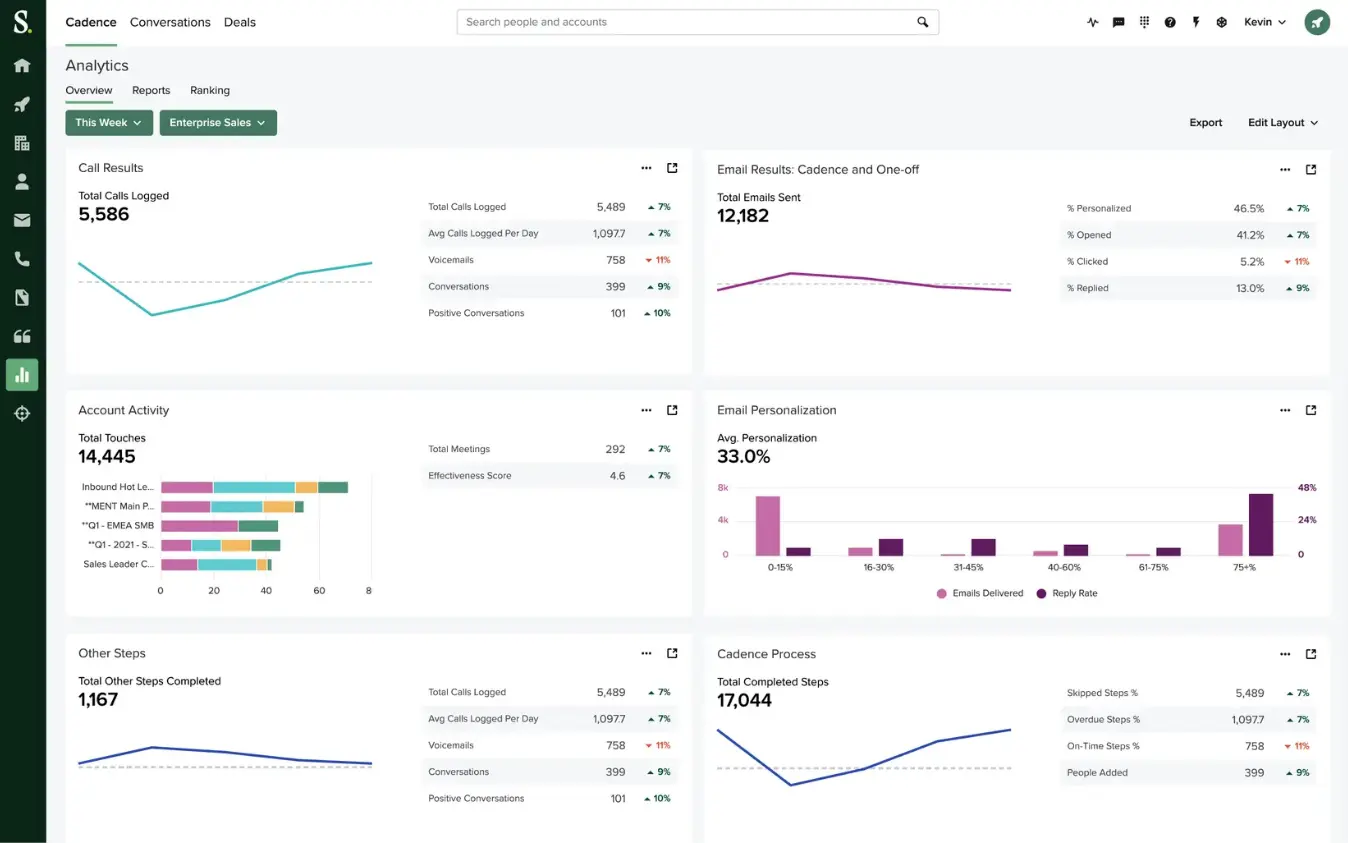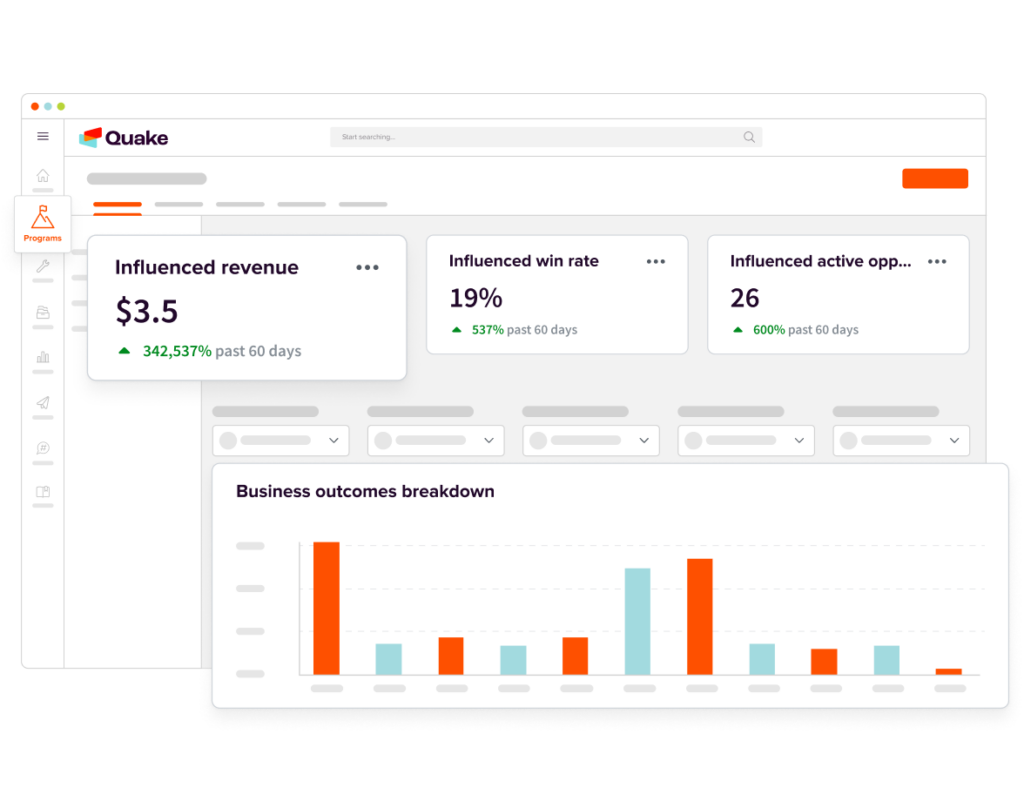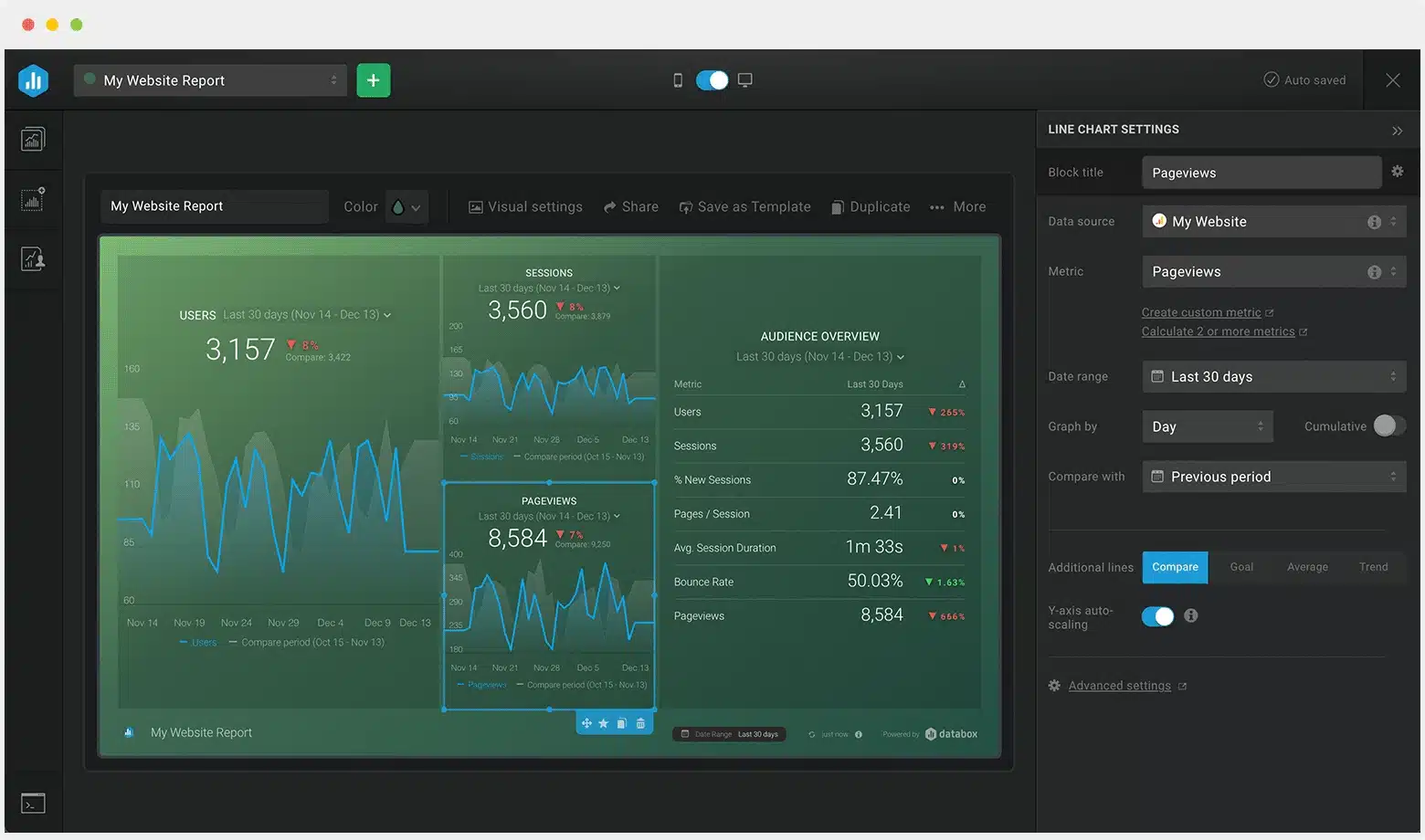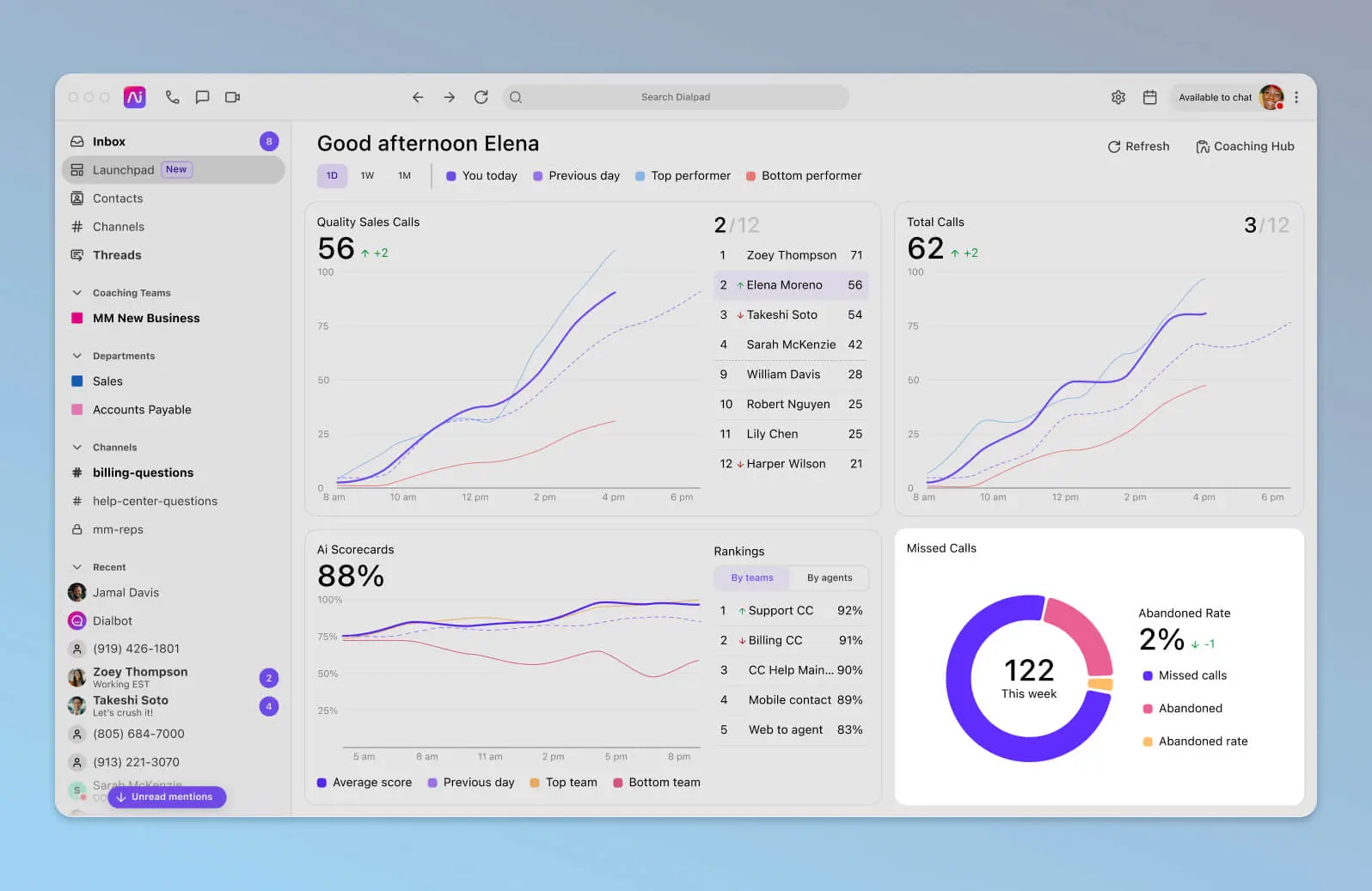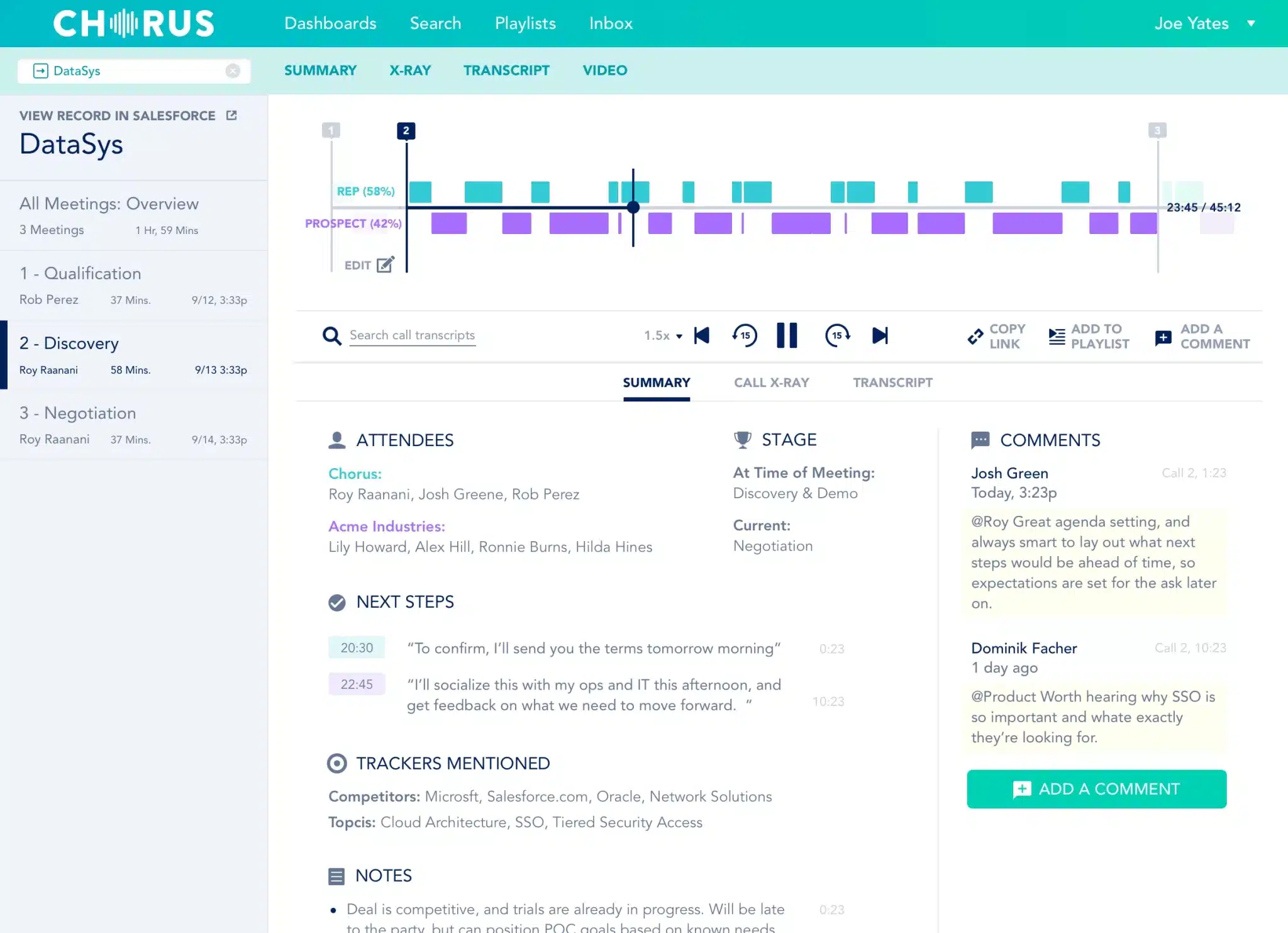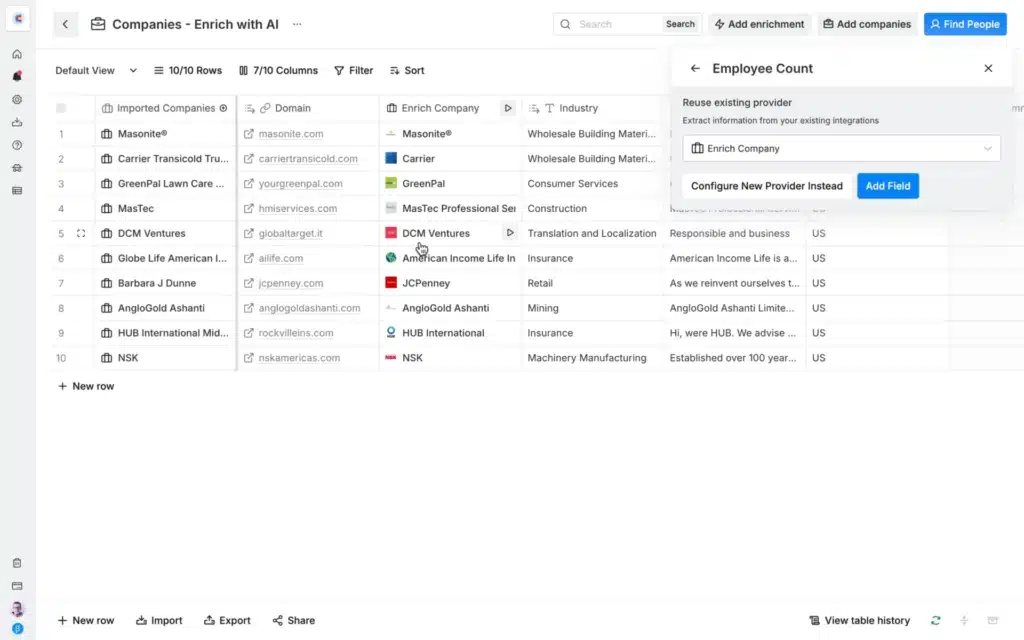Efficiency and accuracy are key to staying ahead of the competition. AI for sales has transformed business operations by automating lead generation, optimizing customer interactions, and providing data-driven insights.
Around 80% of sales teams now adopt or actively use AI solutions, marking a significant shift from previous years when AI was primarily used for basic automation. This growing reliance on AI highlights its role in improving decision-making and driving sales performance.
One of the most comprehensive AI-powered sales solutions today is HashMicro Sales CRM, designed to streamline workflows, improve customer engagement, and drive higher profitability.
This article explores the top 12 AI tools for sales in Singapore, helping businesses choose the right technology to optimize their sales strategies in 2025.
Key Takeaways
|
Table of Content:
Table of Content
What is AI for Sales?
AI for sales is using artificial intelligence to automate and optimize sales processes. It leverages machine learning and analytics to enhance lead generation, customer engagement, and forecasting, helping businesses make data-driven decisions efficiently.
By analyzing large volumes of data, AI can provide actionable insights that enable sales teams to make data-driven decisions, personalize interactions, and close deals faster.
One key advantage of AI in sales is its ability to automate repetitive tasks, such as data entry, email follow-ups, and lead scoring. AI-powered tools can also analyze customer behaviour, identify potential buyers, and recommend the best sales strategies.
Additionally, AI-driven chatbots and virtual assistants enhance customer interactions by providing instant responses and personalized recommendations.
As businesses in Singapore continue to adopt digital transformation strategies, AI for sales has become a crucial tool for increasing revenue and staying competitive in the market.
Top 12 AI for Sales 2025
Here are the best sales AI tools that can help businesses in Singapore enhance efficiency and productivity in their sales processes.
1. HashMicro AI for Sales
HashMicro AI for Sales is an advanced automation solution designed to optimize the sales process, from lead generation to deal closure. It provides real-time insights, predictive analytics, and automated workflows to help businesses make data-driven decisions and improve sales efficiency.
With its AI-powered automation, HashMicro reduces manual tasks and enables sales teams to focus on high-priority prospects. Discover how HashMicro can transform your sales process—try a free demo today and experience AI-driven efficiency firsthand!
Key Features:
- Hashy AI – AI-powered assistant that automates sales processes, provides data-driven recommendations and enhances decision-making.
- Sales Target Management – Helps track and manage sales targets in real time to optimize team performance and goal achievement.
- Quotation & Sales Order Management – Streamlines the creation, approval, and tracking of quotations and sales orders for faster deal closures.
- Sales Commission Management – Automates commission calculations based on predefined rules to ensure accurate and timely payouts.
- Payment Follow-Up Management – Sends automated reminders and tracks pending payments to improve cash flow and reduce overdue invoices.
- In-Depth Analytics Reporting – Provides comprehensive sales performance insights through AI-driven reports for better strategic planning.
|
Pros |
Cons |
|
|
Discover the perfect plan for your business. Explore our pricing options and find the AI-powered sales solution that fits your needs. Click the banner below for more details!
2. Salesforce
Salesforce is a CRM platform incorporating AI technology through Einstein Analytics to enhance sales efficiency.
It offers predictive analytics, automated task management, and AI-powered lead scoring to help businesses identify and convert high-value prospects. The platform integrates seamlessly with various business tools, making it a versatile choice for sales teams.
Features:
- Sales trend prediction and analytics
- Automated administrative tasks
- Multi-platform integration
| Pros |
Cons |
|
|
3. Mentimeter
Mentimeter is an AI-powered interactive presentation tool that enhances communication and engagement in sales meetings.
It enables real-time polling, surveys, and Q&A sessions, helping sales teams gather instant feedback and understand customer preferences. The AI-driven analytics provide insights into audience responses, making presentations more data-driven and impactful.
Features:
- AI-driven audience analytics
- Interactive polling and Q&A sessions
- Integration with PowerPoint and Google Slides
|
Pros |
Cons |
|
|
4. Avoma
Avoma simplifies meeting management by automatically transcribing conversations, summarizing key points, and analyzing discussions.
Sales teams can use it to track customer interactions, extract actionable insights, and improve follow-up efficiency. Its advanced natural language processing (NLP) capabilities ensure that no critical information is missed.
Features:
- Conversation sentiment analysis
- Automatic note-taking and summaries
- CRM and calendar integration
|
Pros |
Cons |
|
|
5. Outreach
Outreach optimizes sales communication by automating follow-ups, email outreach, and lead prioritization. It helps sales teams stay organized and maintain consistent engagement with potential customers.
These AI tools for sales ensure that outreach efforts are data-driven, allowing teams to focus on high-value prospects.
Features:
- Email automation and tracking
- Data-driven lead prioritization
- CRM integration
|
Pros |
Cons |
|
|
6. SalesLoft
SalesLoft is a sales AI acceleration platform that helps teams manage their workflows, engage with leads effectively, and optimize sales performance. It provides structured outreach processes, ensuring every step in the sales cycle is tracked and measured for efficiency.
With features like automated lead scoring and personalized messaging, Salesloft enables teams to convert prospects more effectively.
Features:
- AI-powered sales coaching
- Automated email and call follow-ups
- Automated lead scoring
|
Pros |
Cons |
|
|
7. Seismic
Seismic is a sales enablement platform that provides AI-powered content management and analytics to help sales teams deliver personalized and impactful customer interactions.
Leveraging predictive insights and automation ensures sales representatives have the right materials at the right time.
Key Features:
- Automated training and coaching tools
- CRM and marketing tool integrations
- Engagement tracking and reporting
| Pros |
Cons |
|
|
8. Databox
Databox centralizes sales data by integrating multiple sources into a single dashboard, allowing teams to track performance metrics in real-time. It enables businesses to monitor KPIs, forecast sales trends, and identify areas for improvement.
This AI sales automation custom reporting feature helps sales managers visualize performance insights clearly.
Key Features:
- Centralized sales dashboard
- Custom KPI tracking
- Predictive analytics for sales trends
|
Pros |
Cons |
|
|
9. Dialpad
Dialpad is a cloud-based AI-powered communication platform that enhances sales calls and customer interactions. Its real-time call transcription and sentiment analysis helps sales teams improve engagement and track conversations effectively.
With intelligent automation features, Dialpad streamlines follow-ups and provides valuable insights into sales discussions.
Key Features:
- AI-powered call transcription
- Automated follow-up recommendations
- CRM integration for data syncing
| Pros | Cons |
|
|
10. Chorus.ai
Chorus.ai is a conversation intelligence platform that records, transcribes, and analyzes sales calls to provide actionable insights. By identifying key moments in conversations, it helps sales teams refine their approach and improve closing rates.
This sales AI software also provides coaching recommendations, making it valuable for training and performance enhancement.
Key Features:
- Call recording and transcription
- Sales conversation analytics
- Performance tracking for sales teams
|
Pros |
Cons |
|
|
11. Zapier
Zapier is an automation tool that connects different sales and marketing platforms, enabling businesses to streamline workflows without manual effort. It allows sales teams to automate lead management, email sequences, and CRM updates by linking various applications.
Key Features:
- Workflow automation for sales processes
- Integration with thousands of apps
- Lead management automation
|
Pros |
Cons |
|
|
12. Clay
Clay is a sales prospecting tool that automates lead generation and data enrichment. It helps teams find and qualify leads more efficiently by aggregating data from multiple sources to provide a complete profile of potential customers, enhancing outreach strategies.
Key Features:
- AI-powered lead discovery
- Automated data enrichment
- Contact profiling and segmentation
|
Pros |
Cons |
|
|
You can also read our article on the best CRM software, which provides insights into top solutions that can enhance customer relationship management and streamline sales processes.
How to Choose the Right AI for Sales for Your Business
Selecting the best AI sales tools depends on your business needs, team size, and sales processes. Below are important aspects to consider when choosing the right AI-driven sales tool.
1. Define your sales goals and challenges
Before selecting an AI solution, determine your primary sales objectives. Are you looking to automate lead generation, improve customer engagement, or enhance sales forecasting? Identifying your pain points will help you focus on AI tools that directly address your needs.
2. Evaluate AI capabilities and features
Different AI sales tools offer various capabilities, such as predictive analytics, automation, and conversation intelligence. Choose a platform that provides your sales team’s required features, such as real-time call transcription, automated email outreach, or AI-driven deal recommendations.
3. Ensure seamless integration with existing systems
Your AI sales tool should integrate smoothly with your current CRM, email platforms, and marketing automation tools. Seamless integration prevents data silos, improves workflow efficiency, and ensures a unified sales process across your organization.
4. Consider scalability and customization
As your business grows, your sales needs will evolve. Opt for an AI solution that scales with your team and allows customization to fit your unique sales processes. A flexible AI tool will provide long-term value without requiring frequent replacements.
5. Assess user-friendliness and training support
An AI sales tool should be easy to use and require minimal training for your sales team. Look for platforms that offer intuitive interfaces, comprehensive onboarding, and ongoing customer support to ensure smooth adoption.
By carefully considering these factors, businesses can select an AI-powered sales tool that aligns with their goals, enhances productivity, and improves sales outcomes.
Conclusions
AI for Sales transforms how businesses engage with prospects, manage pipelines, and close deals more efficiently. Sales teams can optimize their performance and boost revenue by leveraging automation, predictive analytics, and AI-driven insights.
However, choosing the wrong AI solution can lead to inefficiencies, wasted resources, and integration challenges. Businesses must carefully evaluate their needs and ensure the selected AI tool aligns with their goals and existing systems.
For companies looking for a powerful and comprehensive AI sales solution, HashMicro AI for Sales offers automation, real-time insights, and seamless CRM integration to enhance every stage of the sales process.
Experience the power of AI-driven sales today—request a free demo with HashMicro and take your sales strategy to the next level!
FAQ About AI for Sales
-
How can AI be used in sales?
AI can compile and analyze a customer’s complete purchase history, enabling sales representatives to provide more personalized assistance. Machine learning also enhances sales forecasting by examining sales data to identify patterns and predict the most likely periods for increased sales.
-
How to use AI for B2B sales?
Artificial intelligence (AI) enables procurement teams to tackle complex challenges more efficiently through intelligent algorithms. It can be integrated into various software solutions, including spend analysis, contract management, and strategic sourcing.
-
How is AI used in sales forecasting?
AI improves sales forecast accuracy by utilizing machine learning algorithms that continuously learn from data. These algorithms can identify hidden patterns and relationships that may be missed by human analysts, resulting in more reliable predictions.





